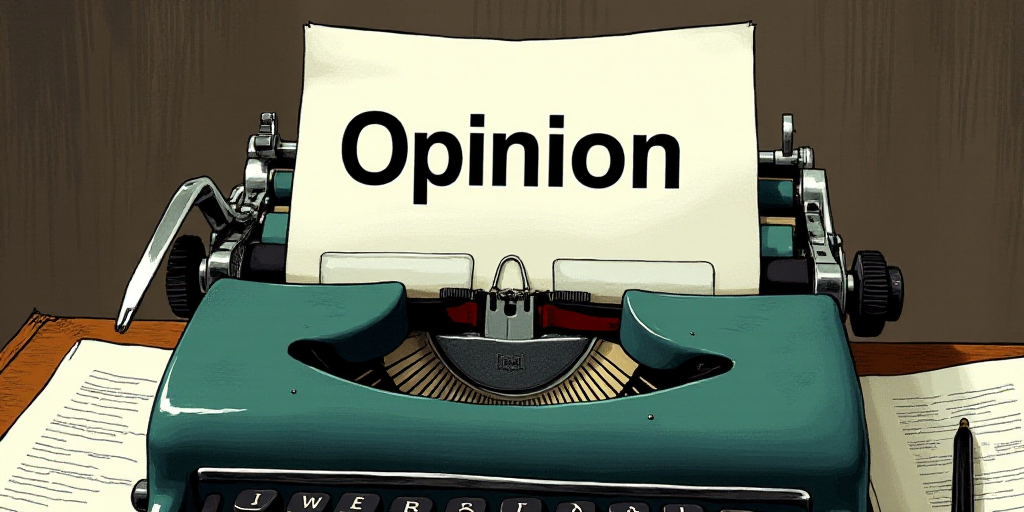Background and Context
Almost a month after the public release of the proposal for the new Telecommunications and Broadcasting Law, there has been no day without numerous journalistic pieces warning about its risks to Mexicans’ rights. By late April, the 4T (Fourth Transformation) aimed to approve and publish the new law in the Federal Register within two to three days, ensuring its implementation by these dates.
Public Outcry and Legislative Response
The extent of censorship in the proposed legislation was so blatant and persistent that society became indignant, rapidly manifesting on social media. This prompted the ruling party to halt the legislative process and at least listen to opinions from affected sectors’ representatives or experts.
A new parliamentary figure, dubbed “conversatorios,” was introduced where lawmakers would present their primary concerns about the new legislation to the Senate of the Republic. Although these conversatorios don’t bind lawmakers to consider them in the law or address petitioners’ concerns, they have so far showcased widespread discontent with the proposed law.
Wide-ranging Concerns
The most striking feature of the proposal was censorship, but conversatorios have highlighted a broad spectrum of issues related to the new law. These include:
- Weakening of asymmetric regulation in the telecommunications sector
- Imbalance of regulation between traditional television services and digital platforms
- Excessive costs of radio-electric spectrum
- Vulnerabilities in the new institutional structure
- Severe penalties regime
- Demarcation of social and public use concessions that mimic commercial concessions
These issues are diverse and affect multiple levels, compelling petitioners to carefully prioritize their five-minute slots during conversatorios to address the most urgent concerns. If we were to summarize the concerns raised so far in the four completed conversatorios, it’s clear that the proposal is riddled with inconsistencies, excesses, legislative technical deficiencies, and constitutional violations, failing to reflect society’s will in a democratic system.
Insufficient Changes and Legal Challenges
Modifying or reconsidering one or two articles that sparked significant public debate would be insufficient to address the legislative and judicial problems if structural adjustments aren’t included in the proposal.
Regrettably, both President Sheinbaum and her bloc’s leaders in the Senate have suggested that changes will be cosmetic, implying conversatorios are merely an exercise in utopian democracy. If lawmakers remain unconvinced by petitioners’ contributions in conversatorios, a flood of amparos (constitutional challenges) against the law might ensue as soon as it takes effect. Given the judicial election timeline and the law’s intended implementation date, these amparos may be resolved by the current Federal Judicial Power or newly elected judges, who might not yet be organized to handle such a massive legal action consistently and solidly.






